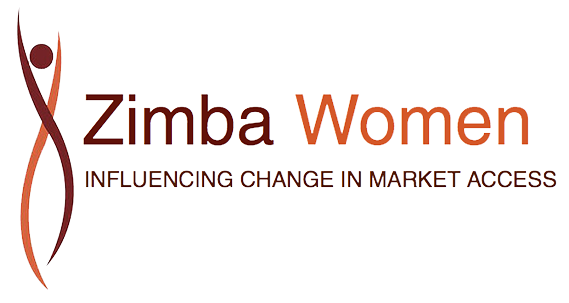The COVID-19 pandemic took its toll on many small women- owned businesses across Uganda. Many have been tasked to refine and restructure their business strategies to meet their customers changing needs. Josephine shares how she is coping with challenges facing many entrepreneurs due to COVID-19 pandemic. Here is her story;
Like many women, 28-year-old Josephine Alujjo, founder at Amari Foods’s business was faced with challenges due to the pandemic. Her small business faced challenges such as inexperienced staff and poor financial management skills and the pandemic only added to that. Her sales declined due to lock down that came along with restrictions such as social distancing, barn on some product import earlier in May this Year so her business experienced a stand still.
Josephine tends her small restaurant in the outer neighbourhood of Bukoto, in Uganda. Before the pandemic she was able to provide affordable food for her customers while creating employment for other members in her community.
“Some restrictions that were put in place like curfew that was at 7pm put a strain on my business operations as it was our peak hour.” said Josephine Alujjo, Founder Amari Foods. “We had customers come in to buy food for their dinner as they drove back home, but after that, we couldn’t serve majority of those customers as movement was restricted.”
She is one of the millions of micro-retailers in low-income countries struggling for business survival during this crisis — but unlike many others, she has received critical support to make it happen.
Support during the crisis.
“I would could count myself lucky, a friend recommended the Zimba women business development program and it has been of a very great advantage.” Josephine states. “She knew how passionate I was with my business and with the current situation, I wanted to gain more skills that could help me grow my business and restructure it for continuity. My biggest challenge in my business was managing my finances, separating personal and business money was difficult. I also wanted to learn how I could identify potential partners for my business.”
“We considered the impact of the crisis on the SMEs business from all angles (cash, supply chain, people, etc) and built a tailored action plan which included social tools to keep our community of women engaged, a tech toolkit to get those that weren’t already using technology up to speed and finally the Zimba Mart for them to continue business online.”– Sherifah Tumusiime, Founder and CEO, Zimba Women told Afritechpost.
“The COVID-19 pandemic forced many of us into social distancing and lockdown, we found that majority of the women entrepreneurs in Uganda had not yet leveraged the vast opportunities technology offers to grow sustainable businesses. We realized that women entrepreneurs will need support to help them keep business going in order to continue to support their families and maintain their livelihoods and that is when we launched our ecommerce platform, the zimba mart, to help them reach vast local and international markets online. However, we realized that the women needed a different kind of training to adapt to the changing business environment.” – Melisa Joyce Nagitta, Operations Manager, Zimba Women
In partnership with the Innovation Village and with support from Funzi, we commenced our covid recovery and business development masterclass in September 2020 and by the end of the 6 weeks, we graduated 75 female students from our first cohort who were equipped with information and skills that have allowed them to develop innovative strategies to recover from the impacts of the pandemic and also gain a competitive edge in the market.
This program is a part of the Next Wave Project, a market-led 5yr intervention addressing the key ecosystem challenges of youth job creation in the Ugandan marketplace. Participants engaged both online and offline.
“Before joing the Zimba Women masterclass, I had not taken keen interest in marketing my business as an essential part of business continuity. After being taken through the various models on the founder, inventor, manager, salesman, banker and leader, I have learned so much about being a founder and what traits and skills I have to develop to be a successful entrepreneur. I have learned to create products that are more relevant to the customer through the inventor session. I am now in the process of restructuring and get back on track with my business by next year” – Josephine shares.
The program has given the women a platform to network and learn from other women in business and allowed them to create meaningful partnerships. It has allowed the women to position themselves much better in the market and also given them a chance to create more employment opportunities for people in the communities. Our dream is to see these women compete favorably in the economy and we will continue to support them along their journey.

Add new comment